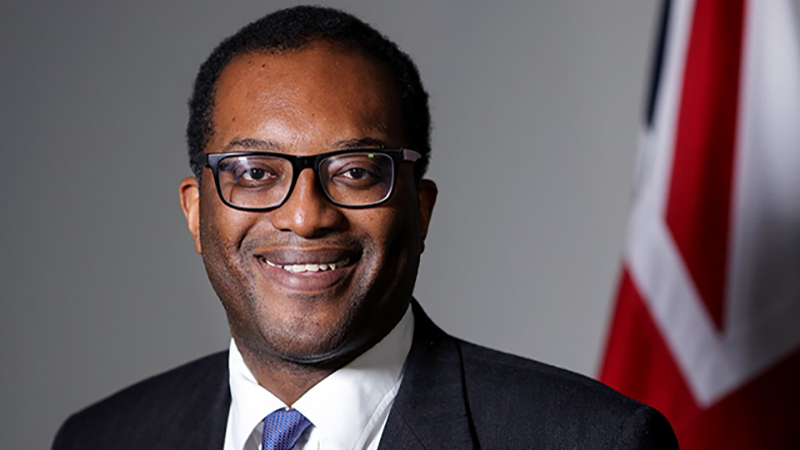Chancellor Kwasi Kwarteng [pictured] has brought forward his medium-term fiscal plan from the 23 November to the end of October.
The plan will be accompanied by independent forecasts from the Office of Budget Responsibility, which had been missing from the chancellor’s original un-costed mini budget on 23 September.
Kwarteng has been under pressure from Conservative MPs in recent days following market reaction to the “fiscal event”, which saw him scrap plans to remove the 45% top rate of income tax.
The move to bring forward the medium-term fiscal plan and OBR forecast was welcomed by Conservative MP and chair of the Treasury committee Mel Stride, who said on BBC Radio 4’s Today programme: “If the forecast stacks up, then that will be critical in calming the markets, and the implications of that clearly are things like lower interest rate rises than would otherwise occur, which of course is going to matter to millions of people around the country when it comes to their mortgages.”
The decision to bring forward the fiscal plan means that it will now take place ahead of the Bank of England’s Monetary Policy Committee meeting on 3 November, which Stride believes could be crucial to seeing a smaller rate rise than expected.
The pound recovered some of the ground it lost against the dollar to land at $1.14 on Tuesday morning, having initially dropped to a record low of $1.03 in the wake of the mini budget.
However, Seema Shah, chief global strategist at Principal Global Investors, believes that this is not necessarily a vote of confidence in the government.
Shah said: “In light of the humiliating and rapid U-turn on the decision to scrap the 45% highest tax rate, further sterling rises might in fact be telling us that investors believe that the Truss/Kwarteng axis can be brought in line with more orthodox economic thinking by MPs who have not been shy to make their scepticism public and threatened to vote against their own party – quite the opposite of markets ‘believing’ the government’s vision.
“It could even indicate investor opinion that the odds of either – or both – the PM and chancellor leaving their respective posts earlier than planned are rising. What looks on the surface like a cautious vote of confidence in the currency markets could, in fact, be anything but.”









